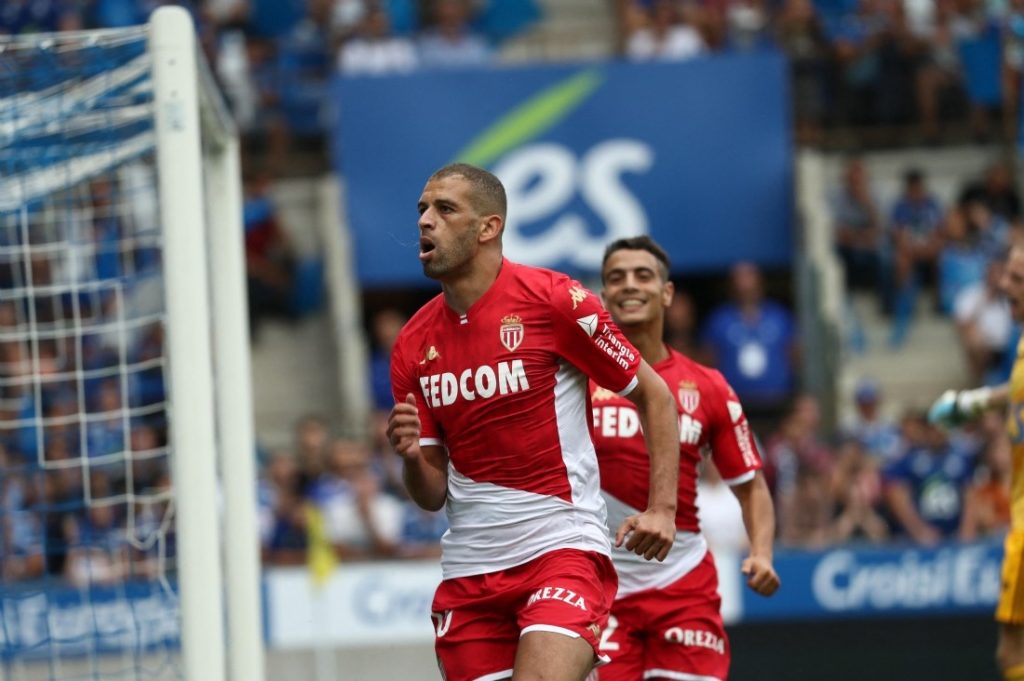
The MVP of Marketing: Exploring the Intersection of Sports and Branding
The worlds of sports and branding have long been intertwined, each one bolstering the other in a harmonious play of passion, identity, and commercial opportunity. This interplay has been so profound that it has shaped the very fabric of modern sports and the corporate landscape alike.
Sports have a unique power to captivate, inspire, and unite people. They evoke a depth of emotion and loyalty that few other domains can match. Brands, recognizing this, have harnessed the power of sports to connect with their audiences on a deeper, more emotional level. Sports branding goes beyond mere logo placement or sponsorships; it’s about aligning a brand’s values and identity with the aspirational qualities of sports: excellence, resilience, teamwork, and passion.
On the other hand, branding has been instrumental in the commercial success of sports. Well-executed branding strategies have helped transform local teams into global icons, athletes into influencers, and games into must-watch events. Brands have provided the financial fuel for sports, enabling the spectacular growth and reach we see today.
The Brand Playbook: Strategies for Successful Sports Branding
Successful sports branding hinges on two critical factors: authenticity and engagement. Authenticity stems from a brand’s ability to genuinely connect its identity with the values and ethos of a sport or an athlete. It’s about telling a story that resonates with the audience and exemplifies the brand’s core values.
Engagement, on the other hand, is about creating compelling experiences that allow audiences to interact with the brand in meaningful ways. This could be through immersive fan experiences, social media engagement, or community-building initiatives.

The Branding Hat-Trick: Benefits of Sports Branding
The benefits of sports branding can be boiled down to three key points.
- Increased Visibility: The global appeal and wide reach of sports offer brands an expansive platform to showcase their identity and message.
- Emotional Connection: Sports evoke strong emotions and loyalty, allowing brands to connect with their audience on a deeper, more personal level.
- Positive Association: Aligning with sports can imbue brands with positive attributes associated with sports, such as resilience, teamwork, and excellence.
Star Players: Case Studies in Effective Sports Branding
A look at the corporate landscape reveals numerous success stories of sports branding. Nike’s ‘Just Do It’ campaign encapsulates the indomitable spirit of sports, while Red Bull’s association with extreme sports reflects its brand persona of energy and adventure. Similarly, Adidas’s partnership with global football stars leverages their mass appeal to connect with fans worldwide.
Game Plan: The Future of Sports Branding
Looking ahead, the intersection of sports and branding will continue to evolve, shaped by emerging trends and technologies. Digital platforms will play a more significant role, offering innovative ways to engage fans. Personalization will become more prevalent, with brands tailoring experiences to individual fans.
In the future, successful sports branding will not only require creative strategies and execution but also a deep understanding of fans – their motivations, their values, and the evolving ways in which they interact with sports and brands.
In essence, at the heart of sports branding lies the same principle that underpins any sporting endeavor: understanding the game and connecting with the audience. It’s about playing with passion, playing for the fans, and, ultimately, playing to win.
Last posts
-
 Creator Partnership Economics in Sport: Ho...
Creator Partnership Economics in Sport: Ho...
Creator partnerships have become a core line item …
-
 How Sports Clubs Use First-Party and Zero-...
How Sports Clubs Use First-Party and Zero-...
The gradual removal of third-party cookies has forced …
-
 Marketing Strategies for Women’s Spo...
Marketing Strategies for Women’s Spo...
Women’s sport has entered a new phase of …
